[ad_1]
Like with most nutritious superfoods you’ll hear many misconceptions convincing you to not feed your canine uncooked eggs, and the way you need to feed them processed nuggets of cereal grain for the sake of their well being.
Your veterinarian or anonymous Web self-taught canine vitamin professional might parrot the next:
- Salmonella danger!
- Biotin deficiency!
- Allergic reactions!
- Digestive upset!
- All actual meals will make your canine sick!
Let’s take into account these issues pragmatically, as uncooked eggs will not be with out apparent danger, however lets begin with the advantages of the trusty egg, a benchmark in digestible proteins, designed by nature to develop life:
BACKSTORY: Do wild carnivores eat eggs?
I’m not your Grandma, and I don’t wish to educate you the best way to suck eggs, but it surely’s value contemplating the pure world earlier than we take into account the dietary wants of our home canine (and carnivorous cats).
We already know wild carnivores eat eggs. In fact they do.
In truth, most wild carnivores would by no means go up the chance to devour a uncooked egg.
The rationale for this, is intuition.
Predatory carnivores like foxes, wolves, and birds of prey like eagles and owls, actively raid nests for eggs as a part of their pure foraging behaviour. Eggs from floor dwelling birds and Emus are sometimes on the menu for dingoes.
For these wild carnivores, eggs are a precious, energy-rich, and nutrient-rich complement to their food regimen.
Nature is aware of finest, proper?
Why are eggs glorious?
I actually struggled to not say “eggscellent” with that title. My Dad at all times jokes “Do as I say, not as I do”, so I gritted my tooth and shelled that pun.
Eggs are one of many healthiest meals on the Earth.
Not solely do eggs pack a complete-amino-acid punch (amino acids are the constructing blocks for protein), they’re wealthy in vitamins, excessive in wholesome fat, with solely 0.6 grams of carbohydrate per egg.
Aside from the dangers posed by salmonella or reactions from microbiome-disrupted canine, it’s arduous to seek out an argument in opposition to feeding your canine uncooked eggs.
My canine, and my cat, have benefitted from uncooked eggs for a few years, and you realize what – not as soon as has there been a problem. At age 13 my cat Bernard nonetheless shows great well being and exercise ranges, which is in stark distinction to many cats of his age struggling by renal difficulties and struvite crystals.
Addressing the considerations of uncooked eggs for canine
Excessive ldl cholesterol, I hear you say?
In my youthful years I used to be instructed eggs led to excessive ldl cholesterol, and excessive ldl cholesterol was unhealthy.
As an fascinating side-note, from a dialog I had the opposite day with somebody from Poland, they’d by no means heard of this concern. It will appear anti-egg propaganda is area particular?
The ldl cholesterol concern, in case you nonetheless wish to name it a priority, is in relation to the yolk. Nonetheless, the yolk additionally occurs to be the richest supply of vitamins.
Salmonella
Salmonella is an actual danger. As with uncooked meat, you already know all too properly we should always use precautions. That’s why we don’t eat off the identical plate we’ve chopped up uncooked hen, and we wash our arms throughout and after meals preparation.
Fortunately for our canine and cats, they’re very tolerant of micro organism of their meals, together with salmonella. Their digestive system is shorter and extra acidic than ours, and this helps kill off dangerous micro organism.
A canine will likely be extra inclined to dangerous micro organism if their immune system is compromised, they’re a creating pet, or an aged canine.
In case your canine shows signs of salmonella publicity, resembling diarrhea, vomiting, lethargy, or lack of urge for food, then deal with the difficulty along with your vet instantly.
Biotin deficiency
The danger of biotin deficiency comes with a simple answer, and that’s to feed eggs moderately and by no means in extra.
This rule of thumb can be utilized for a lot of kinds of meals. Feeding your canine a food regimen of principally beef mince will result in deficiencies. The identical could be mentioned for feeding a poor high quality cereal-based kibble. Selection and stability are key, which is why we wouldn’t feed our canine eggs morning, midday, and evening.
Egg whites comprise a glycoprotein avidin, and this may bind with biotin in your canine’s digestive system. The rationale that isn’t good is as a result of biotin (aka vitamin B7 or vitamin H) performs a vital position in quite a few bodily capabilities – metabolism of fats, carbs, and proteins, and to assist keep pores and skin and coat well being.
That’s one motive to not feed uncooked eggs in extra, which you weren’t planning on doing anyway.
Allergic reactions and digestive points
Some canine react to eggs.
Some canine react to just about something, particularly if their intestine has been disrupted from in poor health well being, antibiotics, or they had been weaned on chook feed (or poor high quality kibble) as a pet. As soon as a canine’s intestine is in a multitude they begin reacting to numerous meals, with signs of itchy pores and skin, scorching spots, or diarrhea.
These reactions are sometimes termed “allergy symptoms”, however in actuality they’re dietary “sensitivities”.
In case your canine suffers sensitivities resembling this, they usually react to uncooked eggs, then you could possibly strive boiled eggs. Very often a canine will react to a uncooked type of eggs or meat, however not cooked. Generally we discover the alternative impact, the place a canine will solely react to these meals cooked.
Must you feed your canine uncooked eggs?
As we’ve mentioned above, eggs are a splendidly nutritious pure meals.
Eggs are additionally filling, and a really reasonably priced technique to give our canine a deal with.
I feed my pets uncooked eggs. Do you?
[ad_2]
Source link

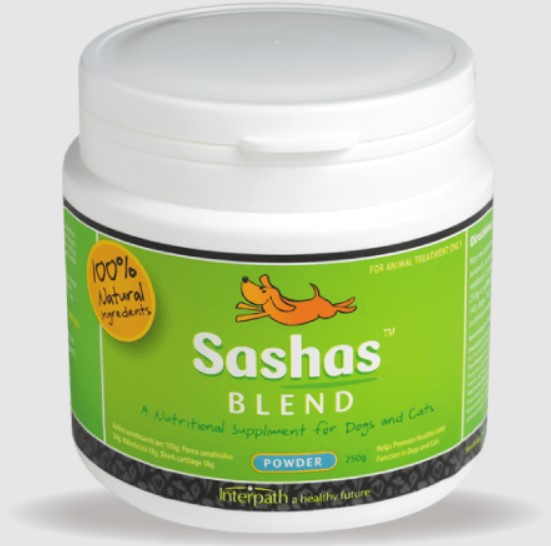
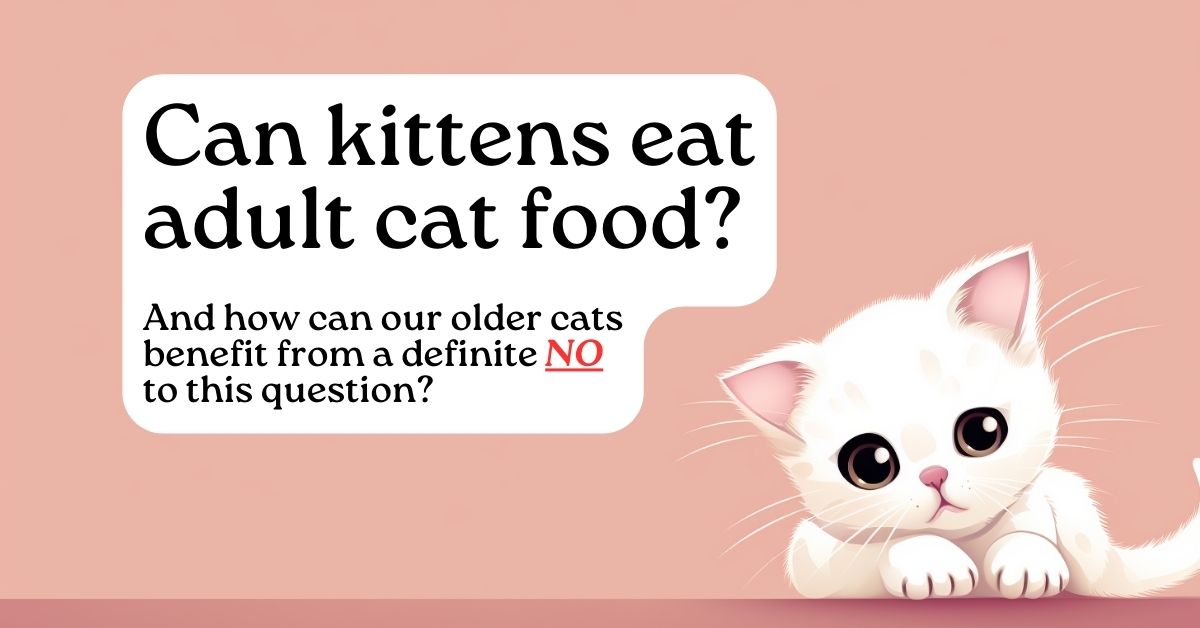







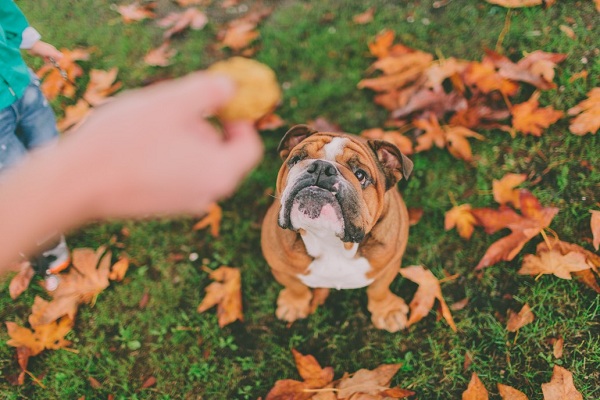

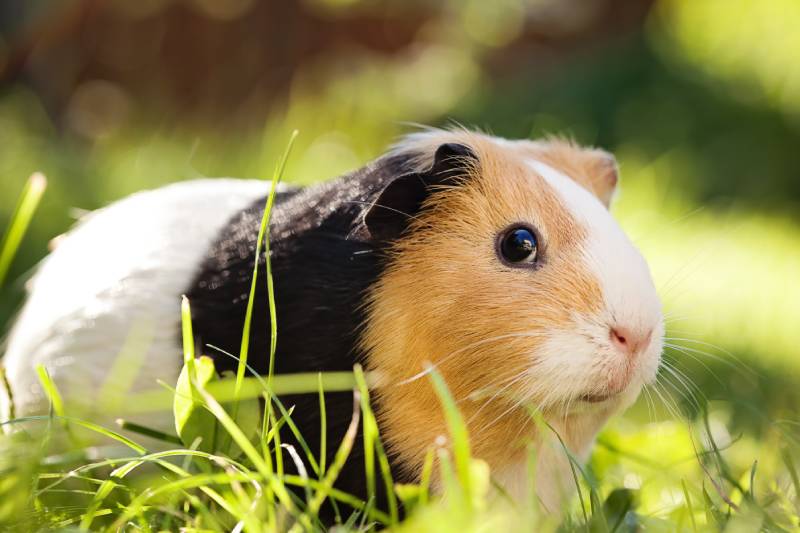
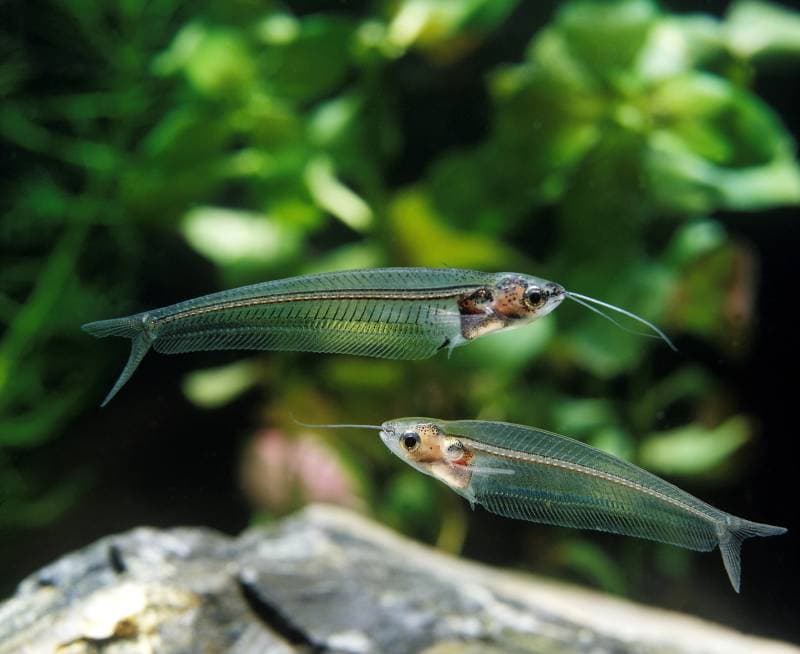
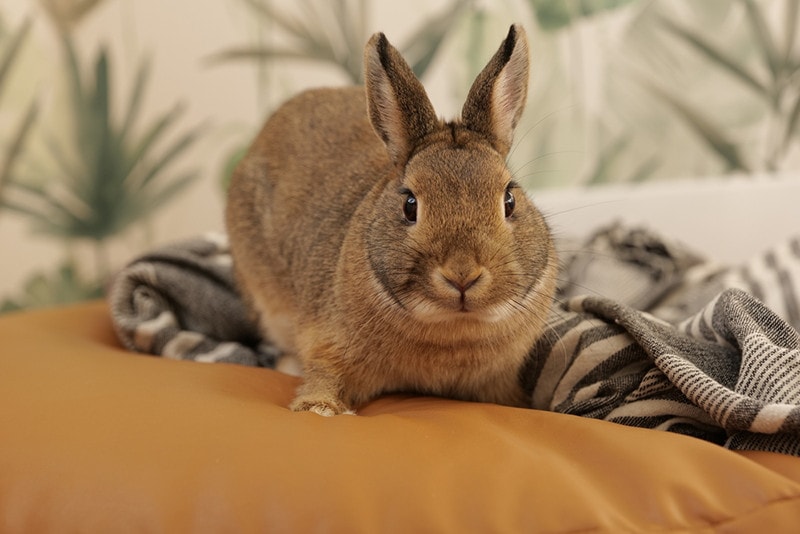
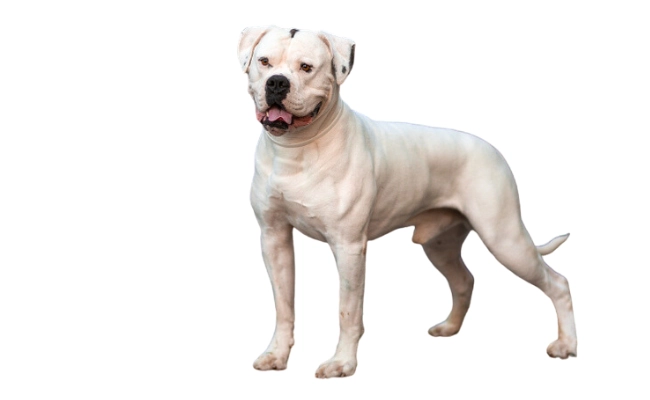

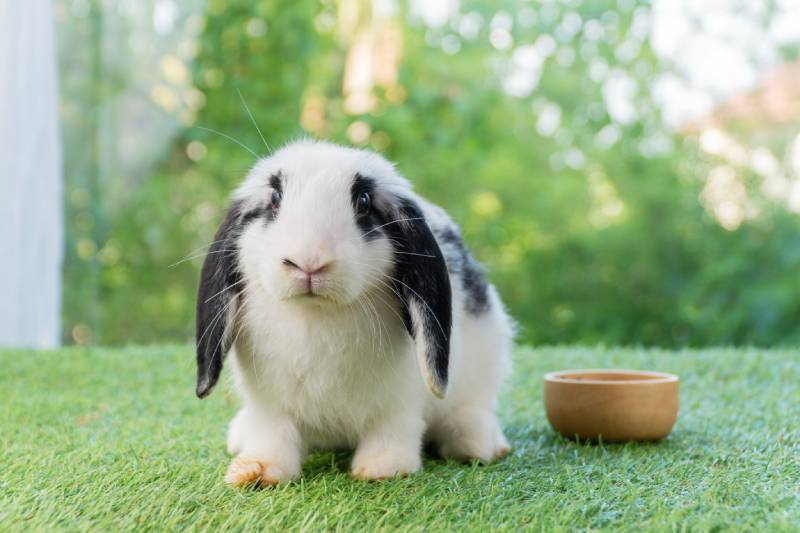
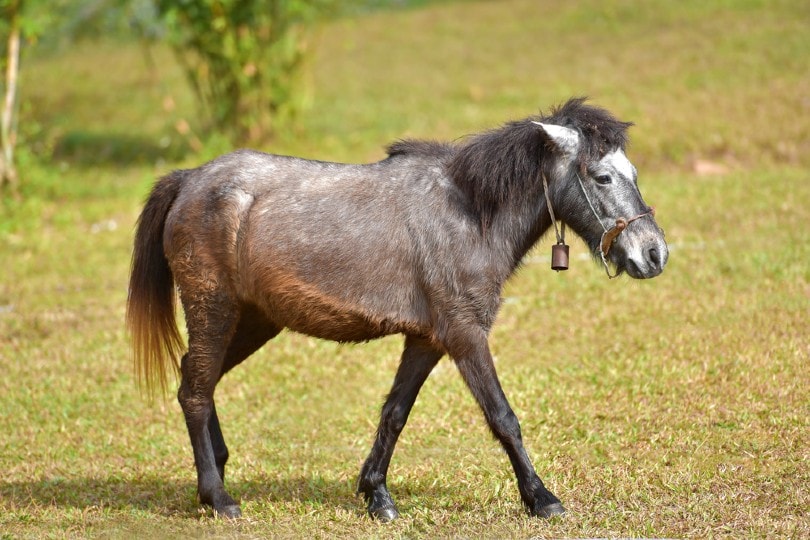
Discussion about this post